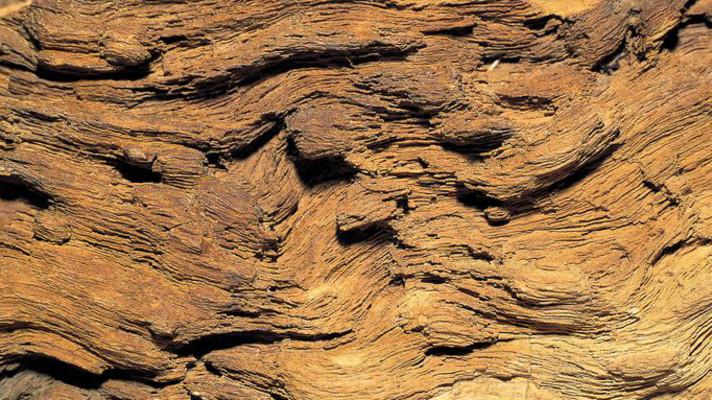Těžba nerostů ve Francii (angl.)
France was a major European mineral producer, despite significant declines in the production of traditional minerals in recent years—mining production in 2000 was at 76% of 1990 levels. France was among the leading producers of coal, was Europe's only producer of andalusite, and counted iron among its top export commodities in 2002. France was also self-sufficient in salt, potash, fluorspar, and talc. Talc de Luzenac, a subsidiary of Rio Tinto, was the leading producer of talc in the world. In addition, France had sizable deposits of antimony, bauxite, magnesium, pyrites, tungsten, and certain radioactive minerals. One of the world's most developed economies, France had to make considerable changes in the structure of its industries, particularly those mineral industries controlled by the state. Prior to 2000, the state's heavy economic and political involvement was a main element of national mineral policy. Cessation of government subsidies to unprofitable operations, cheaper foreign sources, and depletion of mineral reserves have greatly affected the industry, particularly bauxite, coal, iron ore, lead, uranium, and zinc. The government has made efforts to promote the private sector, to proceed with a program of privatization, and to reduce the dependence of state-owned companies on subsidies. To encourage exploration, the government in 1995 passed a law expediting the granting of surveying and mining licenses.
Production figures for 2000 were: stone, sand, and gravel (including agricultural and industrial limestone), 183.5 million tons; hydraulic cement, 20 million tons; potash, 360,000 tons, down from 725,000 in 1997; salt (rock, refined brine, marine, and in solution), 6.8 million tons; crude gypsum and anhydrite, 4.5 million tons (France was one of Europe's largest producers of gypsum, with two-thirds coming from the Paris Basin); marketable kaolin and kaolinitic clay, 380,000 tons; crude feldspar, 642,000 tons; marketable fluorspar, 105,000 tons; barite, 51,000 tons, down from 76,000 in 1999; kyanite, andalusite, and related materials, 65,000 tons; mica, 10,000 tons; and crude and powdered talc (significant to the European market), 650,000 tons. In 2000, France also produced copper; gold; silver; powder tungsten; uranium; sponge zirconium; elemental bromine; ball and refractory clays; diatomite; lime; nitrogen; mineral, natural, and iron oxide pigments; Thomas slag phosphates; pozzolan and lapilli; and soda ash and sodium sulfate. No iron ore was produced in 1999 and 2000; the iron ore basin, stretching from Lorraine northward, used to produce more than 50 million tons per year, but its high phosphorus and low iron content limited its desirability. Terres Rouges Mine, the last to operate in Lorraine, closed in 1998. France ceased producing bauxite (named after Les Baux, in southern France) in 1993. Mining of lead and zinc has completely ceased.
Další informace lze najít i na adrese:http://minerals.usgs.gov/minerals/pubs/country/2002/frmyb02.pdf
ZDROJ: http://www.nationsencyclopedia.com/Europe/France-MINING.html
